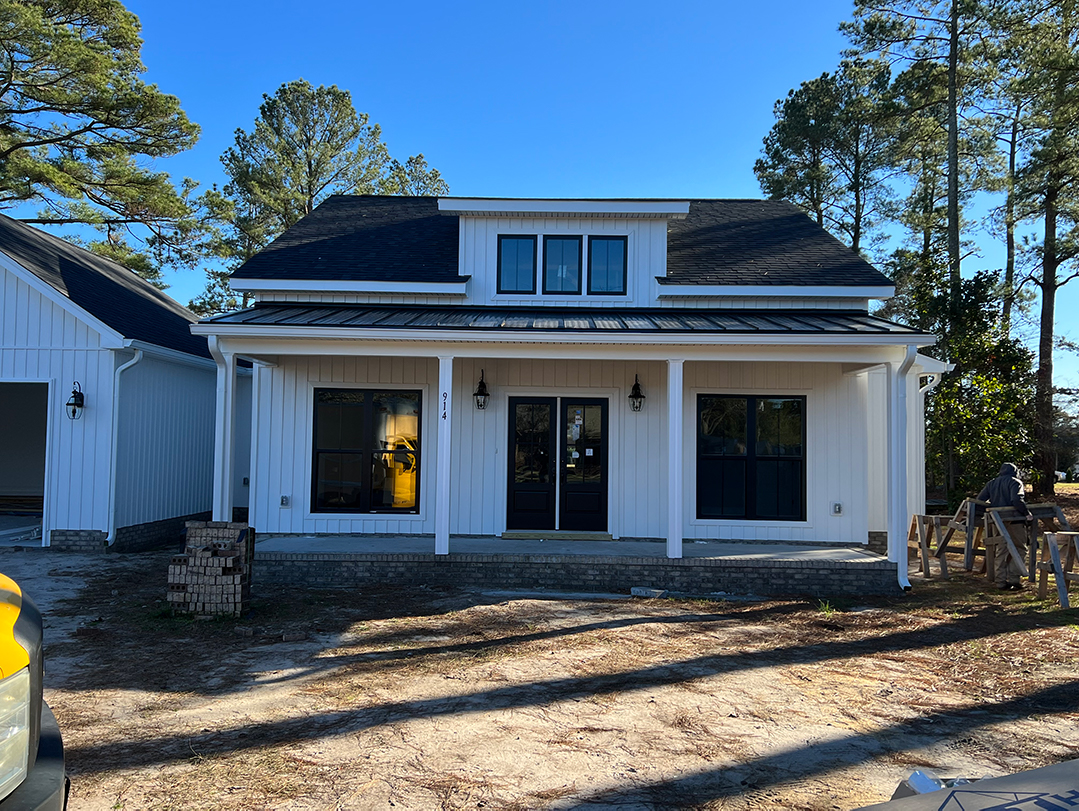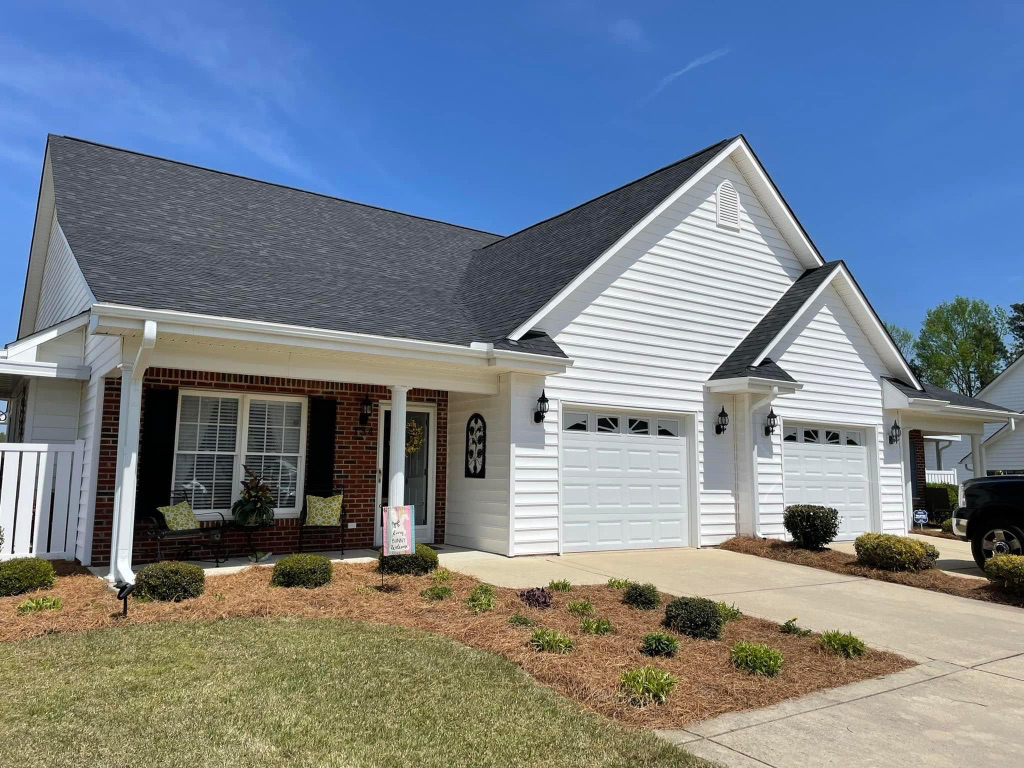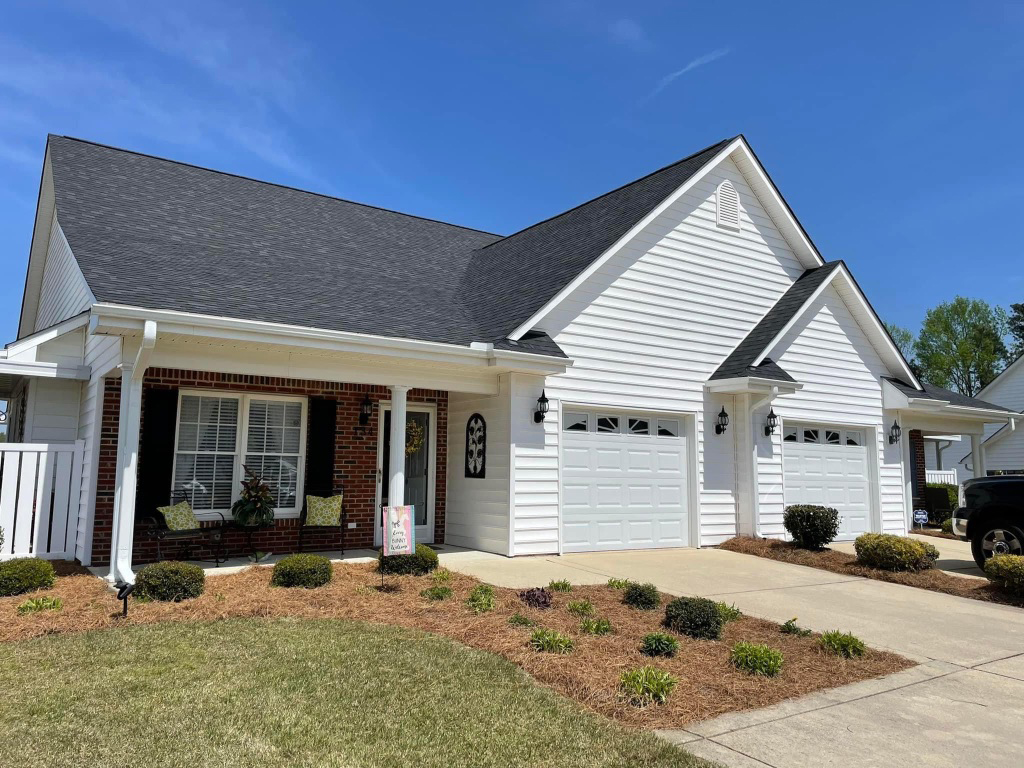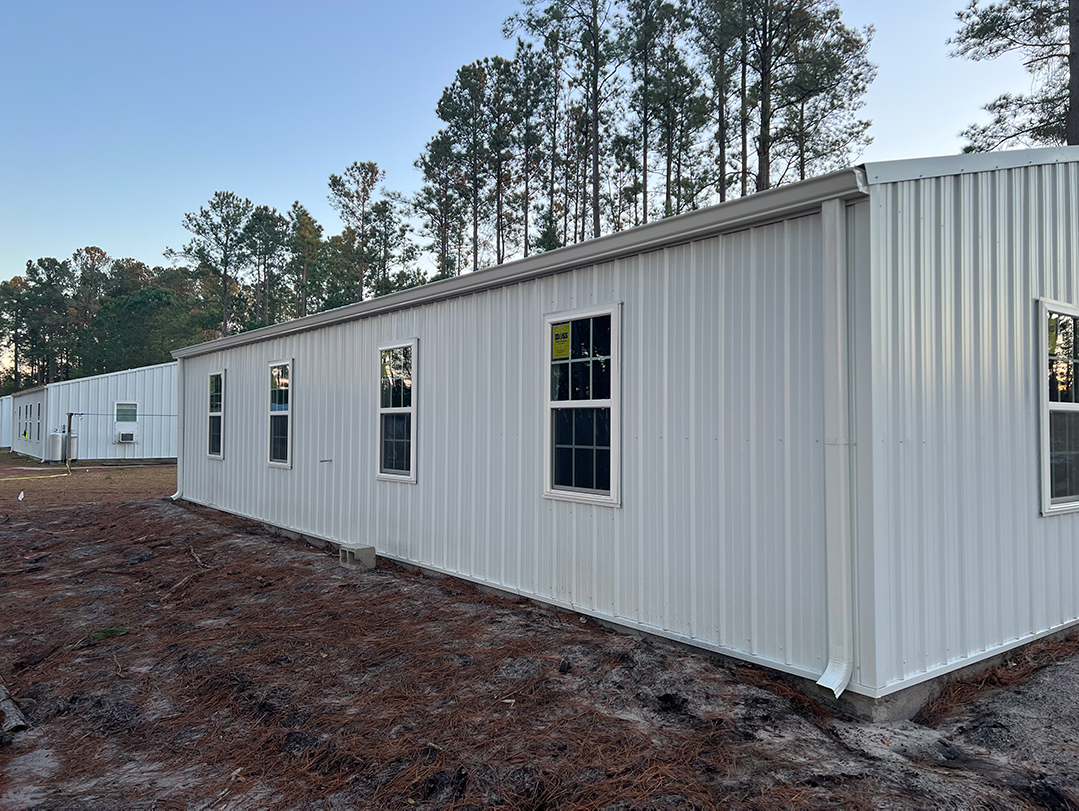
Steel vs. Aluminum Gutters: Comparing Materials, Costs, and Durability
Rain gutters play a critical role in maintaining the structural integrity of both homes and commercial buildings. Gutters are designed to manage the flow of rainwater, diverting it away from the foundation and exterior walls to prevent water damage. Selecting the right gutter material is a crucial decision when considering long-term investment and performance. Homeowners and business owners are often confronted with the question: which gutter material is better suited for their property—steel or aluminum?
While several materials such as PVC, zinc, and copper are available in the market, steel and aluminum gutters tend to dominate because of their affordability, durability, and overall functionality. Each material comes with its own set of benefits and drawbacks. The decision often boils down to various factors, including cost, durability, weather resistance, and ease of installation.
In this article, we will dive deep into the comparison between steel and aluminum gutters, covering key aspects such as material properties, costs, ease of installation, and long-term durability.
Understanding the Basics: Steel and Aluminum Gutter Materials
Steel Gutters: Durability and Strength
Steel gutters have been a popular choice for many years due to their strength and resilience. One of the key advantages of steel gutters is their resistance to physical damage. They can withstand impacts and weight, such as heavy snowfall or fallen branches, better than many other gutter materials. Additionally, steel gutters maintain their shape over time, reducing the risk of sagging.
Steel gutters can also be galvanized. Galvanization involves applying a protective layer of zinc to the steel, which reduces the risk of rust and corrosion. This zinc coating significantly extends the lifespan of the gutters, especially in regions prone to moisture. Galvanized steel gutters are typically more durable than non-galvanized ones but require regular maintenance to ensure that the zinc coating does not wear away.
Aluminum Gutters: Lightweight and Rust-Resistant
Aluminum gutters entered the market in the 1960s and quickly became a popular alternative to steel. One of the major reasons for aluminum’s popularity is its lightweight nature, which makes it easier to handle and install. Despite being lightweight, aluminum is still durable and capable of withstanding harsh weather conditions.
Aluminum’s non-magnetic and rust-proof properties are major advantages over steel. Unlike steel, aluminum doesn’t corrode, which makes it a low-maintenance option for homeowners who prefer minimal upkeep. Aluminum gutters are also highly resistant to weather-induced damage, though they can dent more easily compared to steel.
Both steel and aluminum gutters offer distinct advantages, and the right choice will depend on factors such as climate, budget, and maintenance preferences.
Cost Comparison: Steel vs. Aluminum Gutters
Aluminum Gutters: More Affordable Material Costs
One of the most notable differences between steel and aluminum gutters is their cost. Aluminum gutters tend to be more affordable compared to steel, making them a popular choice for budget-conscious homeowners. On average, aluminum gutters cost approximately $2 per linear foot for materials. For a home requiring 140 feet of gutter material, the total cost of aluminum gutters would range between $840 and $1,400.
Steel Gutters: Higher Material and Installation Costs
Steel gutters, on the other hand, come at a higher price point, with the material itself costing around $3 per linear foot. For the same 140 feet of material, steel gutters could range between $980 and $1,680.
Although the upfront cost difference between aluminum and steel gutters isn’t particularly drastic, the overall cost can increase when installation is factored in. Steel gutters are heavier and more difficult to install compared to aluminum gutters, often requiring professional installation, which can add significantly to the total cost. DIY installation of steel gutters is not recommended due to the weight and labor-intensive nature of the material.
In contrast, aluminum gutters are relatively easy to install, making them a favorite among DIY enthusiasts. This can save homeowners additional costs associated with professional installation.
Long-Term Value and Return on Investment
Although aluminum gutters are cheaper upfront, steel gutters can offer a better return on investment for certain homeowners due to their durability and resistance to physical damage. In areas where extreme weather is common, steel gutters may last longer and require fewer repairs compared to aluminum gutters. However, the rusting and maintenance needs of steel gutters should be factored into long-term costs.
Durability and Performance in Extreme Weather Conditions
Steel Gutters: Exceptional Durability, Prone to Rust
Steel gutters are renowned for their durability and strength, particularly in extreme weather conditions. They are capable of withstanding heavy rainfall, snow, and even ice accumulation without bending or sagging. This makes them an ideal choice for regions that experience harsh winters or frequent storms.
However, steel gutters are not without their downsides. Despite their impressive strength, they are susceptible to rust over time, especially if the protective zinc coating wears off. Rust can weaken the structure of the gutters, leading to potential leaks and system failures. Regular maintenance, including cleaning and inspecting for rust, is essential to prolong the lifespan of steel gutters.
Aluminum Gutters: Rust-Resistant but Vulnerable to Dents
Aluminum gutters offer a significant advantage over steel in terms of rust resistance. Aluminum does not corrode, making it a low-maintenance option in regions that experience frequent rain. Additionally, aluminum gutters can handle most weather conditions effectively, although they are more prone to denting and cracking compared to steel. For example, large pieces of hail or fallen branches can cause noticeable damage to aluminum gutters, requiring repairs or replacement sections.
In climates with extreme temperature fluctuations, aluminum gutters can expand and contract more than steel gutters, potentially leading to issues such as leaks or deformations. Homeowners in areas with drastic seasonal changes may need to carefully monitor aluminum gutters for signs of wear and tear.
Ease of Installation and Flexibility
Aluminum Gutters: DIY-Friendly
One of the major benefits of aluminum gutters is their ease of installation. Aluminum’s lightweight nature makes it easy to transport and handle, making DIY installation a viable option for many homeowners. Aluminum gutters can be easily shaped and cut to fit the dimensions of a home, and they are available in a variety of styles and colors to match different architectural designs.
The flexibility of aluminum gutters also extends to repairs. If a section of an aluminum gutter becomes damaged, it can often be replaced without the need for major overhauls to the entire system. This makes aluminum gutters a cost-effective option for those who prefer to handle minor repairs themselves.
Steel Gutters: Best Left to Professionals
In contrast, steel gutters are heavier and more rigid, making installation a more challenging and labor-intensive process. Steel gutters require specialized equipment and skilled labor to install properly, which can increase the overall cost. Due to the weight and toughness of steel, it is difficult to make adjustments on-site, meaning that precise measurements and fabrication are required before installation begins.
While steel gutters are more durable, their installation is not suitable for a DIY approach. Professional installation is recommended to ensure that the gutters are securely fastened and properly aligned.
Key Maintenance Considerations
Steel Gutters: Regular Inspection Required
Steel gutters require more frequent maintenance compared to aluminum gutters, primarily due to their susceptibility to rust. Homeowners should regularly inspect steel gutters for signs of rust, especially in areas where the zinc coating may have worn away. Rust spots should be addressed promptly to prevent them from spreading and weakening the gutter system.
Additionally, steel gutters are more prone to clogging if not properly maintained. Leaves, twigs, and other debris can accumulate in the gutters, leading to blockages that prevent water from flowing properly. Regular cleaning is essential to keep steel gutters functioning at their best.
Aluminum Gutters: Lower Maintenance but Prone to Dents
Aluminum gutters are generally low-maintenance, but they still require occasional cleaning to prevent clogs. Since aluminum is a softer metal than steel, homeowners should also keep an eye out for dents or cracks, especially after severe storms. Damaged sections should be repaired or replaced promptly to prevent leaks and water damage to the home.
While aluminum is rust-proof, it’s important to ensure that aluminum gutters are not installed in close proximity to dissimilar metals, such as copper. Contact between aluminum and other metals can cause galvanic corrosion, which may compromise the integrity of the gutters over time.
Longevity and Long-Term Performance
Expected Lifespan
Both steel and aluminum gutters can last for approximately 20 years when properly maintained. However, the longevity of each material will depend on factors such as climate, maintenance practices, and exposure to the elements.
Steel gutters may require more frequent inspections and maintenance to prevent rust, but they offer superior strength and durability in harsh weather conditions. On the other hand, aluminum gutters are rust-proof and require less maintenance but may be more prone to physical damage.
Conclusion: Which Material Is Best for Your Home or Business?
Choosing between steel and aluminum gutters ultimately depends on the specific needs of your property, as well as your budget and maintenance preferences. Steel gutters are an excellent choice for homeowners in regions with extreme weather conditions, offering exceptional strength and durability. However, they require regular maintenance to prevent rust and corrosion.
Aluminum gutters are a more affordable and low-maintenance option, making them ideal for homeowners who prefer a DIY approach to installation and repairs. While aluminum gutters are more prone to denting, their rust-resistant properties make them a good option for areas with frequent rain or moisture.
At the end of the day, both materials have their advantages and drawbacks. Homeowners and business owners should carefully consider factors such as cost, durability, and climate before making a decision. By choosing the right gutter material for your property, you can ensure that your investment will provide long-term protection and peace of mind.
For those who are still unsure about which material is best, consulting with a gutter installation professional can help clarify the best




